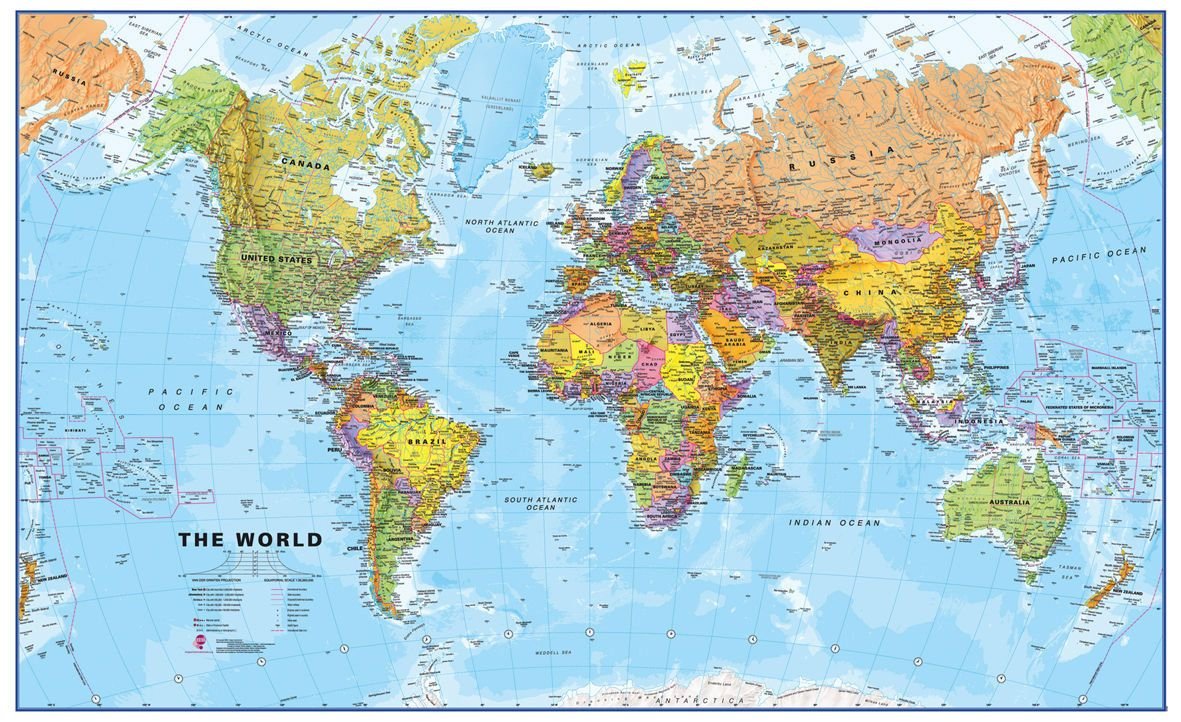
FAQ’s
-
Moving horses abroad comes with a complex set of paperwork, including an Export Health Certificate (EHC), which must be completed by an Official Veterinarian (OV). We work closely with your chosen vets to ensure all EHCs are accurately prepared, aiming to make border crossings as smooth as possible.
We will apply for the EHCs from the government and have them issued to your chosen vet clinic. We will coordinate with the vets to provide all necessary details for completing the documents correctly. The first step is verifying that all export requirements for your destination country are met. For EU travel, this typically involves a blood test within 90 days of departure, sent to the government (APHA Weybridge) laboratory for testing. Other destinations may have additional requirements, such as swabs, vaccinations and/or quarantine.
A few days before departure, the vets send a draft EHC to us for pre-approval at the destination’s border control post. Horses then require a clinical examination within 24 or 48 hours of travel, after which the certificates are officially signed by your vet.
Certified copies are emailed to us so we can send it off for final approval. When the health certificates are approved, we will receive a boarding authorisation which we will forward to you. The original health certificates are provided to you by the vet to accompany the horse.
-
A Coggins test is a blood test that checks for exposure to Equine Infectious Anemia (EIA), a viral disease that affects horses. A Coggins test is required for horses traveling to the EU, Northern Ireland, or non-EU countries.
Why is a Coggins test required?
To prevent the spread of EIA to other horses
-
A CPH number (County Parish Holding number) is required for horses departing the UK and traveling internationally. This is part of the UK's equine health certification process.
1. What is a CPH Number?
A 12-digit identifier for land where animals (including horses) are kept.
Issued by the Rural Payments Agency (RPA) in England, or equivalent agencies in Scotland, Wales, and Northern Ireland.
Used for disease control and traceability.
2. When is a CPH Number Required for Equine Travel?
For Export Health Certificates (EHCs) when moving horses from the UK to the EU or other third countries.
The departure yard (holding location) must have a CPH number.
If you need a CPH number then please get in touch and we can point you in the right direction.
-
Horses traveling internationally must undergo veterinary testing to prevent the spread of infectious diseases. The specific tests and/or quarantine required depend on the destination country.
-
The simple answer is yes - since Brexit, the UK is considered a third country in relation to the EU, meaning horses moving between the UK and EU are subject to customs controls.
For equine travel between the UK and Europe, customs and ATA Carnet requirements vary depending on the purpose of travel (e.g., competition, sale, breeding, or long-term relocation).
There are temporary and permanent import/export customs options, which one is the most suitable depends on each individual client.An ATA Carnet simplifies customs clearance for temporary movements of horses for specific purposes (e.g., competitions, professional training).
-
An EORI (Economic Operators Registration and Identification) number is required for businesses and individuals importing goods—including horses—into the UK. It is used by customs authorities to track and process imports efficiently.
Who Needs an EORI Number?
Businesses and private individuals importing horses into the UK.
Why Is It Required?
Ensures smooth customs clearance and prevents delays.
Required for import declarations and working with customs agents.
Used for tax and duty payments related to horse imports.
How to Apply for an EORI Number
Visit the UK Government Website
Apply online via the official UK government portal: Apply for an EORI number
Provide Business or Personal Details
Business name, VAT number (if applicable), and trading details.
If applying as an individual, provide your personal details.
Processing Time
Typically, you receive your EORI number within a few days, but it can take longer if additional checks are needed.
Using Your EORI Number
You’ll need to provide it when completing import paperwork and working with transport agents or customs brokers.
EORI Number Format
UK EORI numbers start with “GB” followed by a 12-digit number (often linked to a VAT number, if applicable).
Please get in touch here if you have any additional questions or want to receive more information.
We’re looking forward to hearing from you!






